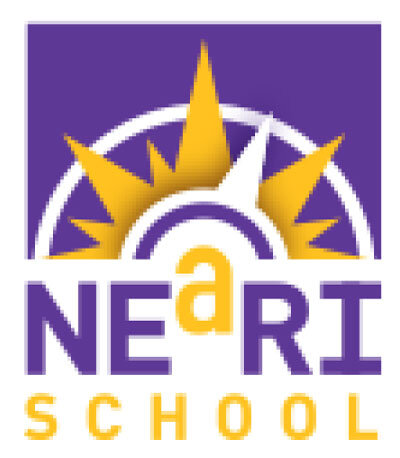ABOUT > our approach
Achieving Mastery in the Classroom
At the NEARI School, we believe that all students can learn and succeed, even in areas they have yet to find success. Many long-standing learning problems can be ameliorated and need not be worked around or only accommodated. Our students arrive at NEARI often feeling stuck at school when, in reality, they may just need something a bit different. It is the job of NEARI teachers to remove impediments to learning, address neuro-developmental delays, support individual learning styles and needs, and engage students in both actively constructing their own knowledge base and achieving mastery in the classroom.
At NEARI, our goal is to ensure that every student graduates with:
- Stronger self-regulation skills
- Improved ability to build and maintain relationships
- Enhanced life, academic, and work-related skills, including learning readiness, reading, executive functioning, and community access skills
- A commitment to making a positive impact in the world
The ability to create healthy personal routines and advocate for their learning strengths, goals, and communication needs
We recognize that every student is unique, and there is no one-size-fits-all approach to learning. Instead of applying a fixed method, our experienced and dedicated teaching team uses a range of assessments, techniques, and creative strategies tailored to each student's needs. Our staff is always exploring and refining the best tools and teaching methods to guide instruction effectively.
For example, NEARI has developed a layered reading model, which classifies readers as emerging, intermediate, or advanced. This model supports ongoing assessment and remediation, addressing not only cognitive reading challenges but also underlying neurodevelopmental differences and learning styles that impact reading ability. As a result, we utilize a variety of reading programs customized for each student. Some of the reading assessment and intervention programs we use include:
- Reading Reflex & Phonographix
- Orton-Gillingham
- The Davis Method
- ABCedarian
- Telian Mnemonic Reading Program
- Fountas & Pinnell
- Words Their Way
- More Powerful Reading (Levy)
- Lindamood-Bell
- Wilson Reading System
- The TNT Reading System
- AIMSWEB
- Sonday System
- Dyslexia Program Teaching
- Language! (Jane Fell Greene)
By combining expert instruction with individualized learning supports, we empower students to reach their full potential.
+ values
NEARI supports the following values in all its programs:
Staff-Centered Leadership: The best education and treatment services for NEARI students occur when leaders view individual staff members’ professional and programmatic needs and perspectives as central to the work.
Authentic Relationships: The cornerstone of effective growth and development of all students is boundaried yet intimate relationships. For students to become adults who can relate genuinely and appropriately, they need mentors who: a) hold unconditional positive regard for the students in their care, b) demonstrate/model positive and authentic relationship skills, and c) are able to address and contain maladaptive behaviors while maintaining their professional boundaries.
Strengths and Evidenced Based Learning: NEARI believes in individualized programs of education, treatment, and intervention, and so all staff – not just the teachers – must understand students’ individual strengths, learning readiness levels, talents, cognitive capacities, learning styles, social and cultural issues, and preferred ways of both communicating and dealing with stress. Learning environments need to be inquiry-based, multimodal, trauma-sensitive, and focused on promoting relaxed alertness, orchestrated immersion, and active processing. NEARI’s education and treatment programs are based on the application of research regarding best practices in the fields of study related to all aspects of NEARI’s target populations and model of instruction discussed above.
Centrality of Self-regulation: External control of behavior is not difficult. The challenge is to teach each student how to self-regulate through behavioral support, not external behavioral control. This means teaching a feelings language, social pragmatics, acting out prevention strategies, and alternative and appropriate ways to handle frustration and the difficulties inherent in daily life.
Diversity Equity and Inclusion: NEARI strives to be an inclusive place for everyone. We are dedicated to ensuring that everyone has access to equal opportunities and every culture is respected. We believe that safety is one of the most important aspects of a student's ability to regulate and learn. NEARI supports students to be their authentic selves and reduces risks of physical and emotional harm.

